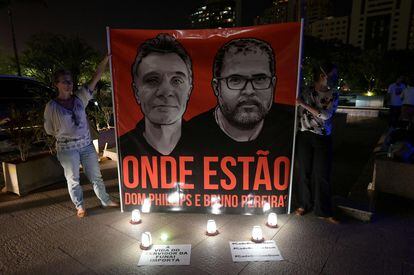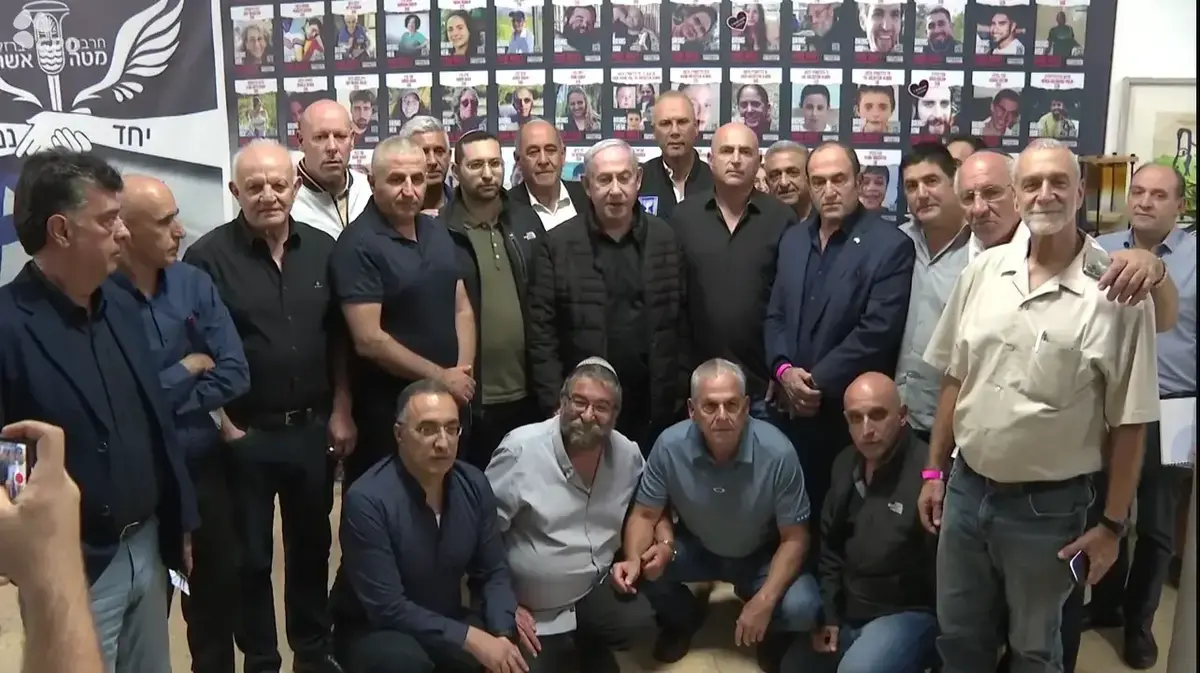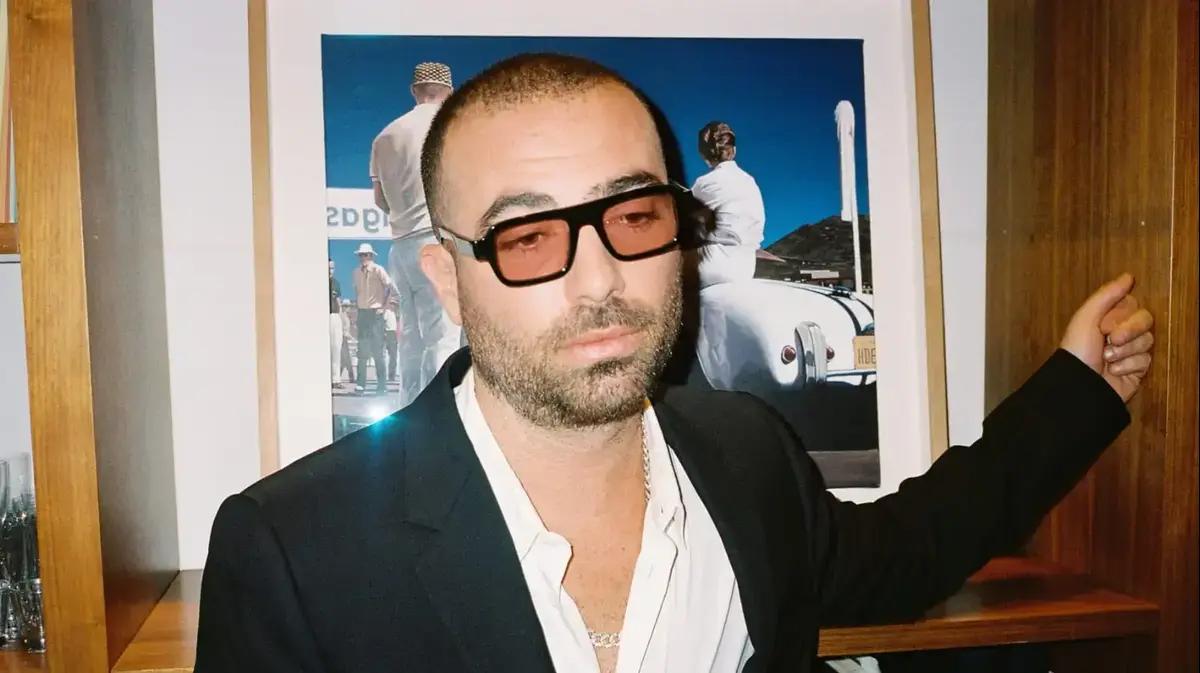Behind the idyllic landscapes of one of the best preserved corners of the Amazon, a fierce war is being waged.
The Yavarí Valley is the area of the planet that is home to the most uncontacted tribes.
And it is also the scene of the pulse between various forces that converge on the triple border Brazil-Peru-Colombia.
On one side, those who work to preserve the extraordinary natural riches and protect the natives and, on the other side, those who enrich themselves with the plundering of the tropical forest and drug trafficking.
There, on the front line, they were last seen a week ago, on Sunday the 5th, the indigenist Bruno Pereira, Brazilian, 41, and the British journalist Dom Phillips, 57, a regular contributor to
The Guardian
.
They disappeared when they were returning by boat from a two-day trip to a security post where the reporter interviewed the indigenous people who manage it.
During the visit, some poachers appeared and threatened them.
“Everything leads one to believe that it was not an accident, but that they were ambushed.
A boat does not disappear just like that, with seven empty gasoline drums.
They and all the evidence evaporated”, explains an indigenous source who knows this remote region well.
Five days later, “apparently human organic material” was located, which is now being analyzed by forensic scientists along with traces of blood found in the boat of the only detainee, an illegal fisherman who was seen chasing Phillips and Pereira's boat with his boat.
They will be compared with the DNA samples taken from relatives of not and of the other.
The track of both was lost when they were sailing down the Itaquaí River towards Atalaia do Norte (1,100 kilometers west of Manaus).
It is a region with almost no roads where you travel by river on journeys that require both gasoline and patience.
The duration of the trips is measured in hours that vary depending on the power of the engines.
The disappeared were sailing with one of 40 horses, the suspect, with one of 60.
Funai officials, to which the indigenous Pereira belongs, protest this Thursday before the headquarters of the official body in Brasilia. EVARISTO SA (AFP)
The first days the authorities dragged their feet, they were slow to mobilize aircraft, turning a deaf ear to the dramatic appeals of the relatives, such as the video recorded by the reporter's wife.
The outrage of their colleagues resulted in an international campaign demanding the government of Jair Bolsonaro to quickly deploy a wide-ranging tracking operation.
Even the UN has criticized the delay and demanded that the tracking tasks be reinforced in which divers, soldiers, police, aircraft, drones and the indigenous people of the Univaja association, with which Pereira collaborates, now participate.
The natives began the search on the same Sunday, when the duo did not reach their destination, Atalaia do Norte, where this correspondent interviewed the expert on indigenous people in March for the report
Threatened: the last isolated tribes in Brazil.
There is already a crisis committee, but complaints of lack of coordination between the different bodies involved in the search upriver for Atalaia do Norte persist.
The indigenous people who patrol these lands to avoid invasions by poachers have been using their vast experience all week to take care of the isolated tribes — without contacting them — carefully combing the stretch where Pereira and Phillips were lost.
Accustomed to reading any small sign in the jungle like true forensics, they look for any trace that indicates their whereabouts.
The fisherman Amarildo de Oliveira is detained on suspicion of having some connection with the disappearance.
When he was arrested he had ammunition of a caliber only allowed to the Armed Forces.
And reflecting the dynamics in regions like this, two lawyers immediately showed up to defend him, both judicial officials from two neighboring cities who, once the news was revealed, abandoned the defense of the client.
They are places where silence reigns because illicit activities allow many to survive.
Although Bolsonaro called them adventurers and suggested they were reckless, the disappeared are veterans of their respective trades.
Committed professionals.
Journalist Phillips is a freelancer who has been living in Brazil for three decades and collaborates with various international media.
A veteran of coverage of the Amazon, he traveled to the Yavarí Valley gathering information for a book he is preparing on how to save the tropical forest.
When he was at the checkpoint with Pereira and the indigenous patrolmen, the now detained man appeared with other men who threatened them and showed off their weapons.
A coroner takes, this Thursday in Manaus, samples of the remains of blood found in the boat of the only detainee for the disappearance.
- (AFP)
Pereira is a career official of the National Indian Foundation (Funai) with extensive experience in dispatches and expeditions.
He took a leave of absence a couple of years ago, like other officials dissatisfied with the growing influence of agribusiness and illegal mining and fishing.
The border region with Colombia and Peru is part of the routes through which international drug traffickers move their shipments to ship them on the Atlantic coast to Europe.
The narco-submarine located in Galicia (Spain) sailed through there.
A vast area where police and military surveillance is minimal.
Tension in the Yavarí Valley, which is the size of Panama, has increased in recent years as poachers, increasingly present, have been emboldened by the growing apathy or fear of the authorities, who have never been very present.
The law prohibits fishing or hunting in the reserves, except for the indigenous people who live in it, who do it in a sustainable way.
But the demand for pirarucú, a delicious giant fish, and tracajá, a turtle much appreciated by the locals, have triggered incursions.
Those who fish for a living have been joined by criminal gangs who finance large-scale expeditions.
The indigenous guards deployed in the Yavarí reserve “do not replace the State, they supervise the State.
They do surveillance work, collect information to document illegalities and pressure the public powers to act”, explains the aforementioned indigenous source.
Both the members of Univaja – the association created by seven tribes after putting aside deep-rooted hatreds for centuries – and Pereira have been repeatedly threatened.
Just a few days ago, they received an anonymous letter with death threats accusing “Beto the Indian” and the disappeared indigenista of “sending the Indians to the area (of the reserve) to confiscate our motors and take our fish.”
Beto is Beto Marubo, one of the indigenous people who leads the association.
They are deployed to collect information on the ground and pass it on to the police and the Public Ministry, in the hope that they will apply the law.
A view of the city of Atalaia do Norte, where the journalist and indigenous expert were headed when they disappeared.
JOAO LAET (AFP)
It seems that their activities to defend their lands and uncontacted Indians have kicked a hornet's nest.
The police suspect that the confiscation of shipments of illegal fishing and hunting whose sales are supposedly used to launder drug money could lead a local narco "to auction Bruno Pereira's head" among the locals, according to the newspaper
O Globo
.
The information collected by Univaja and by the disappeared indigenista served to seize hundreds of kilos of pirarucú, salt pork, dozens of turtles and a powerful boat in March.
Bolsonaro's arrival in power in 2019 has meant an evident withdrawal of the environmental surveillance agencies, Ibama, and Funai, created to protect indigenous people.
The shooting death of a Funai official after confiscating a large shipment of illegal catches in the Yavarí Valley was understood in 2019 as a warning.
Former employees there say that there was always a lack of money, but now they work with their hands tied and, often, persecuted by their superiors.
“There is a lot of persecution within Funai against those who try to fulfill the institutional mission (to protect the indigenous).
The president of Funai is super aligned with Bolsonaro”, says the indigenous source.
To understand the radical change that Bolsonaro's policy implies, it is enough to look at the department of isolated indigenous people of the organism.
The now disappeared Pereira was dismissed as chief of the isolated indigenous area to place an evangelical missionary known for his illegal incursions to reveal the Gospel to the isolated natives of the Yavarí valley.
The scandal was such that he was short-lived in office.
Much longer lasting is the mandate of the military police that Bolsonaro placed as the highest chief of Funai.
Subscribe here to the EL PAÍS América
newsletter
and receive all the key information on current affairs in the region.







